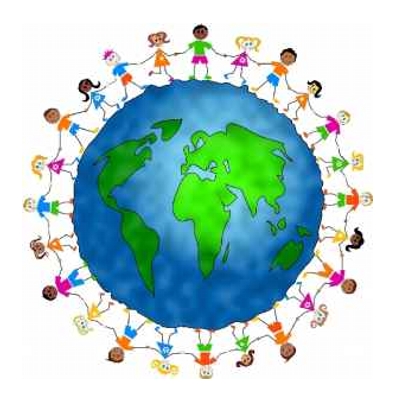ecological design for democracy
Author: Leonardo Boff ; Source: CCS
Democracy is surely the highest ideal that has historically developed social life. The underlying principle of democracy is: "what interest of all should be able to be designed and decided by all ". It has many forms: direct, as it is lived in Switzerland, where all people participate in decisions via referendum.
The representative, in which more complex societies elect delegates, on behalf of all, discuss and make decisions. The big problem now is that representative democracy is unable to rally the forces of a complex society, with social movements. In companies with high social inequality such as Brazil, representative democracy assumes characteristics of unreality, if not farce. Every four or five years, citizens have the opportunity to choose their "dictator" who, once elected, is more concerned with making a palatial policy to establish an organic relationship with the social forces.
Participatory democracy means an improvement on the cross. Organized forces as the major trade unions, social movements for land, housing, health, education, human rights, environmentalists and others have grown in such a way as to constitute basis of participatory democracy: The state is obliged to hear and discuss with such forces to take decisions. Is being imposed everywhere, especially in Latin America.
communitarian democracy is also a characteristic of the native peoples of Latin America, little known and recognized by analysts. Born of the community structure of the native cultures of North and South of Abya Yala (Indian name for Latin America). She is looking for living well that is not our better life means that many live worse. Living well is the constant search for balance through participation of all, a balance between man and woman, between man and nature, balance between production and consumption in the context of an economy of enough and of decent and not accumulation.
The good life involves overcoming anthropocentrism: not only in harmony with humans, but with the energies of the Earth, sun, mountains, water and forests. This is a sociocosmic democracy, where all elements are considered carriers of life and therefore included in the community, respecting their rights.
Finally, we are walking into a planetary superdemocracia. Some analysts such as Jacques Attali (Brief History of the Future, 2008) imagine they will be saving alternative to a superconflicto could, leaving her free rein, destroy humanity. This superdemocracia part of a collective consciousness that realizes the uniqueness of the human family and the planet Earth, a small, resource-poor, overpopulated and threatened by climate change will force people to develop strategies to ensure global policies everyone's life and environmental conditions of the Earth.
superdemocracia planetary This does not negate the different democratic traditions, but also makes them complementary. This is best achieved through Bioregionalism. This is a new eco-design, ie another way to organize the relationship with nature from the regional ecosystem. Unlike uniform globalization, values \u200b\u200band respects differences peculiarities of each region, local culture, making it easier to respect the natural cycles and harmony with Mother Earth. We pray that this type of democracy to succeed, if he does not know at all to where we're headed.




0 comments:
Post a Comment